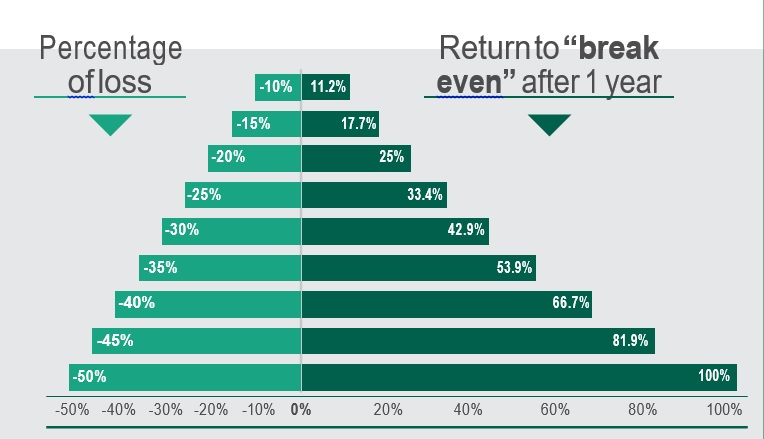If you have a fixed annuity [also known as a Multi-Year Guaranteed Annuity (MYGA)], just because the annuity has reached the end of its guaranteed investment period does not imply that payment will be issued to you automatically. If you do nothing, your annuity will continue, and you may get a reduced renewal rate, which will happen unless you take action. And depending on the terms of your contract, if no action is done before the renewal date, the new rate may be locked in for a certain amount of time, with the possibility of extra surrender costs if withdrawals or surrenders are made during that time. In general, you have the option of doing any one of the following when the term of the guaranteed interest rate comes to an end:
Rollover into a new fixed annuity
Your money might be rolled into a new fixed annuity, which would allow you to avoid tax penalties. This replaces the original (also known as a 1035-exchange for non-qualified annuity rollovers). You will be presented with new crediting rates following the new term and the new product selected. These rates, which may be higher or lower than your previous rate depending on the conditions of the market, will be provided to you. Either choose a product offering made available by your existing insurer or investigate the possibilities made available by a new insurer.
Annuitize your policy
Your fixed annuity guaranteed term will end, and you will have the option to annuitize your contract. It will allow you to generate a guaranteed income stream that might continue for the rest of your life (or for a predetermined amount of time, such as ten years). There are two methods to convert a life insurance policy into an annuity: you may use the alternatives provided by your existing insurer or buy an income annuity from a different insurer. Compare the income benefit your insurance company offers with those provided by other companies currently on the market before you decide to purchase an annuity.
Auto-renew your policy
If you do not take action, the insurance company will continue investing your money. Nevertheless, you run the risk of receiving a reduced renewal rate in the future. Depending on the terms of your contract, the rate of your automatically renewed plan could be fixed for specific periods and might come with surrender charges if you decide to cancel it.
Cash-out
Taking money out of your account is the very last choice you have. When your term ends, the surrender costs you were subject to will no longer apply. Therefore in most circumstances, you won’t have to pay them. On the other hand, certain annuities feature surrender costs that remain in effect beyond the conclusion of the first investment terms (and possibly subsequent investment terms).
Conclusion
You will be required to pay income tax on the sum that has been accrued in your annuity. Additionally, if you are less than 59 1/2 years old, the profits are subject to a federal tax of 10%. This penalty is the opposite of the tax deferral you have been getting, a benefit the government provides as an incentive for people to save more money for retirement. As a result, they wish to assist you in ensuring that you put the money to good use throughout your retirement. If you are younger than 59 1/2 years old, we recommend you investigate the choices presented before.
Contact Information:
Email: [email protected]
Phone: 7242723902
Bio:
Craig E. Vukich is a 35 year retirement specialist and Financial Advisor who has helped thousands of clients all over the country with their investment portfolios and retirement strategies. In that time, Craig has also helped seniors and retirees with their Medicare options as healthcare continues to be one of the most confusing issues facing people today.Personally, Craig lives in Beaver Falls, Pa with his beautiful wife and childhood sweetheart Barb and their lovely daughter Shalyn.Craig is a graduate of Westminster College which is about an hour north of Pittsburgh. Craig is a recreational golfer and traveler and Pittsburgh sports fanatic.
Disclosure:
This information is not a complete analysis of the topic(s) discussed, is general in nature, and is not personalized investment advice. Nothing in this article is intended to be investment advice. There are risks involved with investing which may include (but are not limited to) market fluctuations and possible loss of principal value. Carefully consider the risks and possible consequences involved prior to making any investment decision. You should consult a professional tax or investment advisor regarding tax and investment implications before taking any investment actions or implementing any investment strategies.













